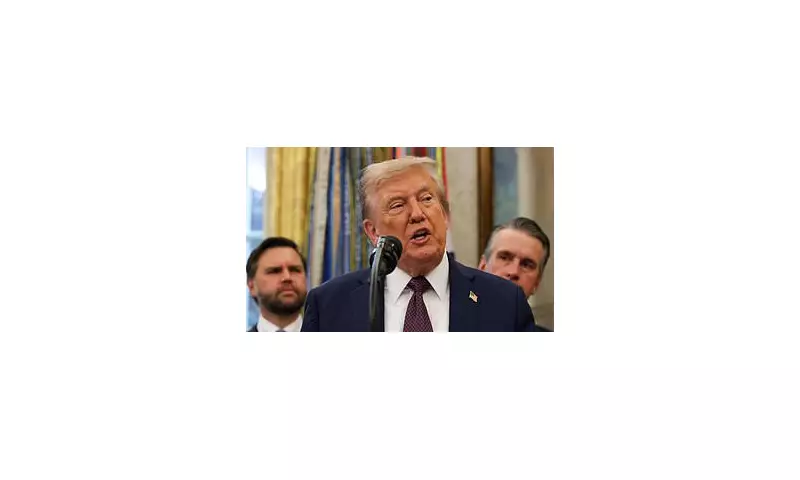
In a move set to ignite a fierce national debate, former US President Donald Trump has declared he will deploy federal troops to American cities grappling with soaring violent crime rates, specifically naming Chicago and Baltimore.
The controversial proposal, unveiled during a campaign speech, frames a potential second Trump term around a dramatic law-and-order agenda. Mr Trump characterised the Democrat-led urban centres as "hellholes" requiring direct federal intervention to quell what he describes as out-of-control criminality.
A Radical Plan for Law and Order
The former commander-in-chief's strategy suggests an unprecedented use of presidential power to address domestic crime. This approach would likely involve invoking the Insurrection Act, a centuries-old law that allows a president to deploy the military on American soil to suppress civil disorder, insurrection, or rebellion.
Such a move would almost certainly face immediate legal challenges and vehement political opposition, setting the stage for a constitutional showdown.
Targeting Democrat Strongholds
Mr Trump's focus on Chicago and Baltimore is highly symbolic. Both cities, long under Democratic leadership, have indeed struggled with high-profile incidents of violence and homicide rates that frequently make national headlines.
By targeting these specific municipalities, the former president is making a clear political calculation, appealing to his base by drawing a stark contrast between his proposed policies of federal force and the current approaches of local leaders.
Immediate Backlash and Support
The announcement has been met with swift condemnation from civil liberties groups and Democratic officials. Critics have lambasted the proposal as an authoritarian overreach that would militarise American streets and devastate community trust in local law enforcement.
Conversely, the plan has resonated with supporters who view it as a necessary, strong response to what they perceive as a permissive attitude towards crime and a failure of local governance in progressive cities.
The Road Ahead
While currently a campaign pledge, this proposition immediately elevates crime and the limits of federal power as central issues for the upcoming election. The debate will likely hinge on the balance between public safety and civil liberties, the role of the federal government in local affairs, and the interpretation of presidential authority.
Analysts suggest that such a policy, if attempted, would test the very foundations of the US constitutional structure, particularly the principles of federalism and posse comitatus.






